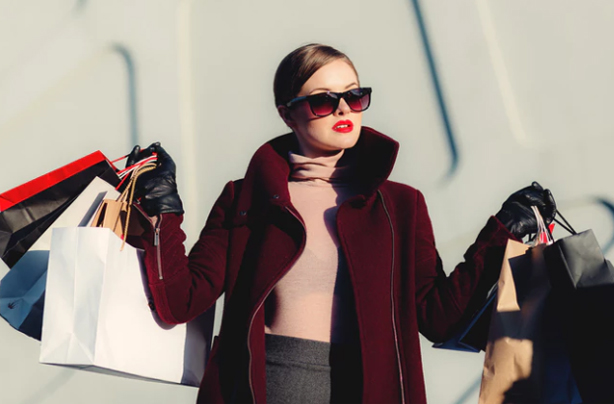Retail Therapy: Does it Work? Here’s What the Science Says
We’ve all heard of retail therapy. In fact, most of us have indulged in it ourselves at some point, with varying degrees of success. But is retail therapy a real phenomenon? Or is it just another way of encouraging us to buy things we don’t need and paper over a gaping void of nothingness with material possessions? Let’s see what the science says.

Psychologically Sound?
According to a study published in Psychology and Marketing, retail therapy is a very real thing and can have an appreciable impact on our mood and wellbeing. However, the study also reached some other interesting conclusions. For example, low moods and a worse overall outlook were associated with an increase in impulsive behaviors, some of which involve spending money.
The study also found that big ticket items that cost more money were associated with an even greater uptick in mood. This makes sense when you think about it. Consider a luxury fashion item like Saint Laurent bags – I’m a big fan of SSENSE’s online collection which are renowned for their high quality. The SSENSE website offers a whole host of other luxury fashion items that are perfect for treating yourself, or a loved one.
Easing Transitions
There is growing evidence that retail therapy can be an effective tool in helping people to manage the transition into a new situation, especially one that is unexpected or undesirable. There is some debate as to what the underlying reason for this is, but the most popular theory is that it is the process of finding items to buy that is responsible.
When we go shopping and start looking for specific items to fit our particular criteria, we engage in the process of visualization. We know that visualization is a powerful motivational and therapeutic tool that enables us to plot a course from our current position to our goals and objectives. It is believed that it is this process in relation to shopping that makes retail therapy effective at easing transitions.
Dress for Success
We already touched on luxury fashion items and the benefits that they can have to your overall mood. However, the link between fashion and feelings goes even deeper than this – the clothes that we wear can have a profound impact on the way that we, and others, perceive ourselves. If you are wearing a nice suit, then people will view you as professional, for example.
This makes fashion a uniquely effective target for your retail therapy needs – you won’t just get the benefits of retail therapy but you will also be able to reap the benefits that come from owning a wardrobe full of new clothes.
These are just some of the ways that science says retail therapy can benefit us. Of course, you don’t want to overspend and end up with a whole new source of stress and sadness. But as long as you keep within the limits of what you can afford, retail therapy can be an effective pursuit.
